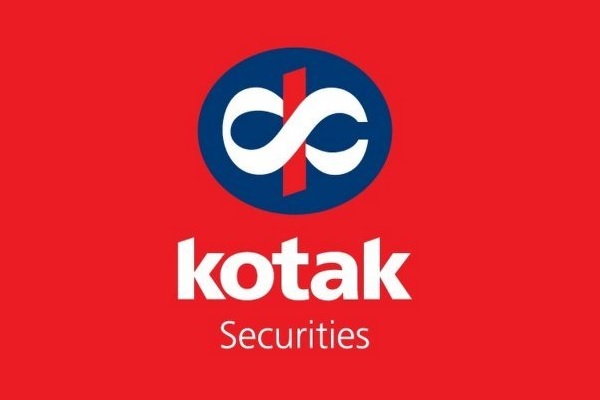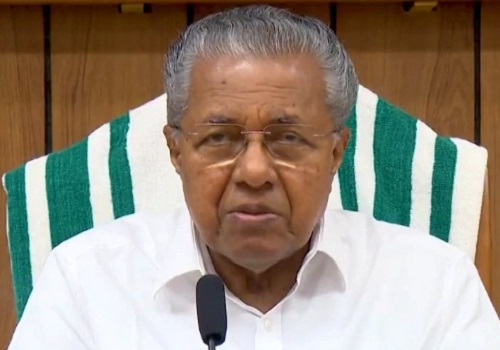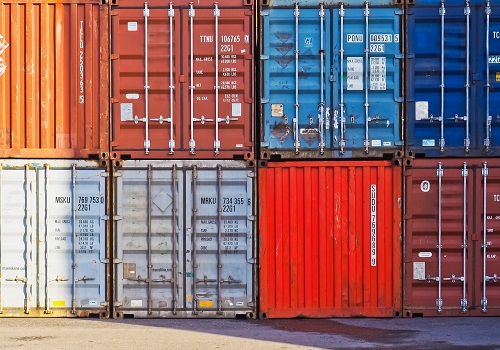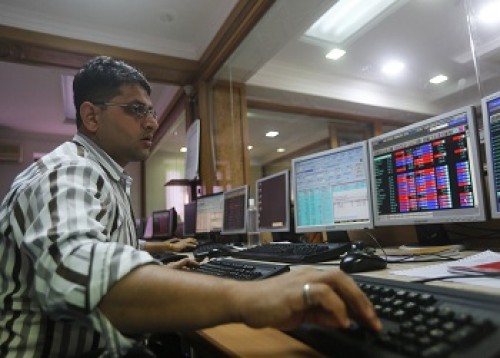Pepper Prices Soar Amid Supply Crunch and Rising Demand by Amit Gupta, Kedia Advisory

Pepper prices have surged by over 20% in three months due to tight supplies and increased industrial demand, particularly from masala manufacturers. Limited domestic production has led to reliance on imports, with prices for Sri Lankan and Vietnamese pepper rising significantly. Despite climate issues affecting Kerala's production, overall outlook is optimistic with increased cultivation in Karnataka and Tamil Nadu. Future prices will hinge on sustained demand and import volumes.
Price Surge and Market Dynamics: Over the past three months, pepper prices have surged by over 20%, driven by tight supply and increased demand. In Kochi's terminal market, ungarbled pepper prices are at ?620 per kg, while garbled pepper is at Rs 640. The March prices were significantly lower, at Rs 505 for ungarbled and Rs 525 for garbled varieties.
Supply Tightness and Demand Increase: Tight supplies and a surge in industrial buying, particularly from masala manufacturers, have pushed black pepper prices higher. This week's price increase is Rs10 per kg, following a Rs17 increase the previous week. Limited domestic production has led to reliance on imports from Tamil Nadu, Karnataka, Sri Lanka, and Vietnam.
Impact of Domestic and Imported Pepper: Idukki pepper availability is limited as many farmers sold their stock early in the year to avoid potential price crashes. The market is now heavily reliant on imported pepper, with prices for Sri Lankan and Vietnamese pepper rising significantly from January to the current period, while Indian pepper remains the most expensive.
Harvest and Regional Production: Kerala's pepper harvest is over 75% complete, while Karnataka's is ongoing and Tamil Nadu's is nearing completion. Industrial consumption of pepper has risen due to increased demand for masalas and pickles, leading to stockpiling by manufacturers. Climate issues have negatively impacted Kerala's pepper production, affecting small growers.
Production Outlook and Future Prices: Despite the current challenges, the pepper production outlook for this year is optimistic, with expected production of 1,10,000 tonnes, up from 95,000 tonnes last year, due to increased cultivation in Karnataka and Tamil Nadu. Future prices depend on continued demand and the volume of imports from Sri Lanka and Vietnam.
Market Characteristics and Grower Strategies: Unlike other commodities, pepper is traded in the spot market without forward or futures markets, making it more sensitive to immediate supply and demand conditions. Growers are holding back their pepper produce in hopes of higher prices, influenced by recent coffee market volatility and the stability provided by cooperative institutions' purchases.
Intercropping and Regional Stability: In Karnataka, the largest pepper-producing state, pepper is grown as an intercrop with coffee and arecanut. The recent volatility in coffee prices has prompted growers to hold onto their pepper stocks while selling coffee to meet cash needs. Cooperative institutions' purchases help maintain market stability.
Conclusion
The pepper market is experiencing significant price increases driven by tight supplies and robust demand from industrial buyers. Despite challenges such as climate impacts and limited domestic production, the overall production outlook remains positive due to expanded cultivation in key regions. The market's reliance on imports highlights the importance of international trade in meeting demand. Future price stability will depend on the balance between local production and import volumes, with cooperative institutions playing a crucial role in maintaining market stability.
Above views are of the author and not of the website kindly read disclaimer






















